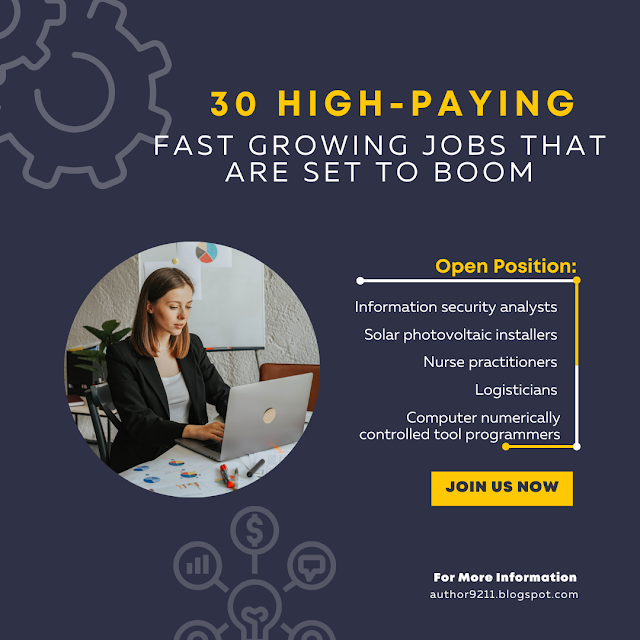Whether you're just starting your career or have been working for a while, it's crucial to think ahead. As the legendary hockey player Wayne Gretzky famously said, "I skate to where the puck is going, not where it has been." The same principle applies to your career - you must keep an eye on emerging trends and opportunities to leverage your skills for a fast-growing profession instead of getting stuck in a dead-end job.
If you're eager to advance your career, you may find the monthly jobs report compiled by the United States Department of Labor, which analyzes employment trends, an invaluable resource. The Bureau of Labor Statistics (BLS) is responsible for gathering and presenting this data, providing a wealth of information and statistics about jobs and careers.
While most economists, Wall Street professionals, and statistics enthusiasts follow the monthly jobs reports, proactive individuals who want to take their careers to the next level can benefit greatly from the BLS's comprehensive reports. The BLS provides lists of the fastest-growing jobs and careers, along with information about their salaries.
But before we delve into specific job roles, let's first take a look at the sectors that are expected to experience rapid growth. According to the BLS, overall employment in the United States is projected to increase from "153.5 million to 165.4 million over the 2020–30 decade, an increase of 11.9 million jobs."
Here are the jobs that the U.S. Labor Department and BLS project will be the fastest growing jobs going into 2030, along with the median annual pay:
- Wind turbine service technicians: $56,230
- Nurse practitioners: $111,680
- Solar photovoltaic installers: $46,470
- Statisticians: $92,270
- Physical therapist assistants: $59,770
- Information security analysts: $103,590
- Home health and personal care aides: $27,080
- Medical and health services managers: $104,280
- Data scientists and mathematical science occupations, all other: $98,230
- Physician assistants: $115,390
- Epidemiologists: $74,560
- Logisticians: $76,270
- Speech-language pathologists: $80,480
- Animal trainers: $31,520
- Computer numerically controlled tool programmers: $57,740
- Genetic counselors: $85,700
- Crematory operators and personal care and service workers, all other: $28,420
- Operations research analysts: $86,200
- Actuaries: $111,030
- Health specialties teachers, postsecondary: $99,090
- Forest fire inspectors and prevention specialists: $42,150
- Interpreters and translators: $52,330
- Athletic trainers: $49,860
- Respiratory therapists: $62,810
- Substance abuse, behavioral disorder, and mental health counselors: $47,660
- Food preparation and serving related workers, all other: $27,080
- Nursing instructors and teachers, postsecondary: $75,470
- Woodworkers, all other: $33,630
- Phlebotomists: $36,320
- Software developers and software quality assurance analysts and testers: $110,140

